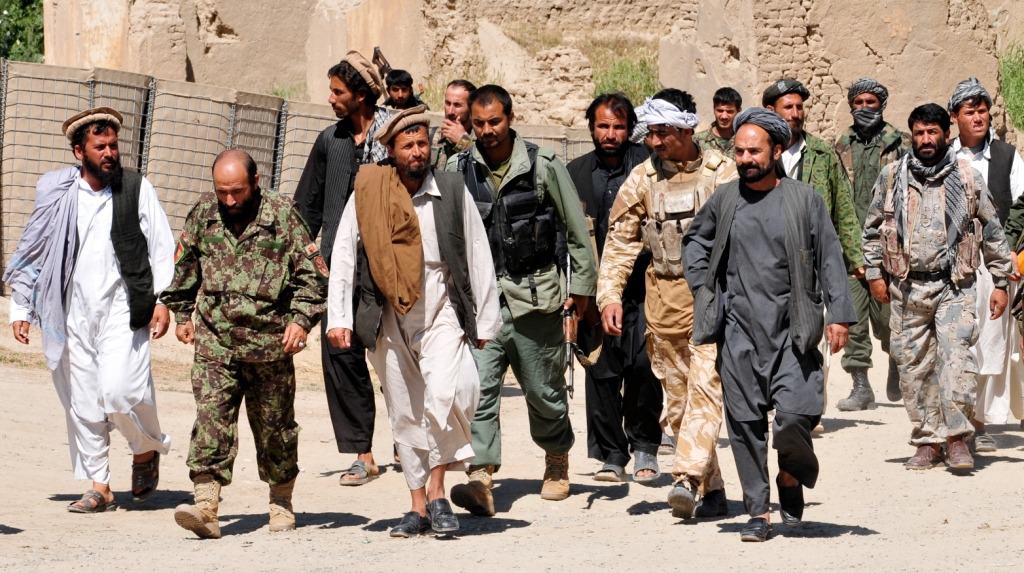There has been an endless debate as to what the Taliban victory in Afghanistan means for Kashmir. This debate is rooted in two reasons:
1) Kashmir is a hot spot in South Asia where a violent conflict has been raging for the past 31 years, which is attributed to Pakistan’s designs in the Muslim-majority region and 2) a spurt in the radicalism in the recent years.
This is considered an ideal scenario for the Taliban takeover of Afghanistan that can influence Kashmiri mindset. That is a very simple explanation of linking the Taliban and Kashmir situation. Though there are far wider and deeper issues involved in the whole scenario emerging in the Central Asian State and the way it is being viewed by the world at large.
Kashmir is a tiny spot amidst the grander scheme of regional dynamics, but it cannot be taken out of the larger picture. That too, when the Taliban has accorded to itself the “right to raise voice of Muslims in Kashmir.”
This statement denotes that the Taliban has divided Jammu and Kashmir (J&K) in demographics and allied with the Muslims only. The question of raising their voice shows that the Taliban feels that they have something to say along with the need to amplify it. There is no denying the fact that the Taliban spokesperson Suhail Shaheen was simply reading talking points scripted by the Pakistani security establishment. There are not many who could draw this distinction. For some in the Islamic world, the Taliban is a renewed face of Muslims’ rights.
Yet, such a notion is fundamentally incorrect because they are killing fellow Muslims in their own land and have no locus-standi to speak for others. These finer points are not understood easily in the world where extremism spreading is tentacles all over the world.
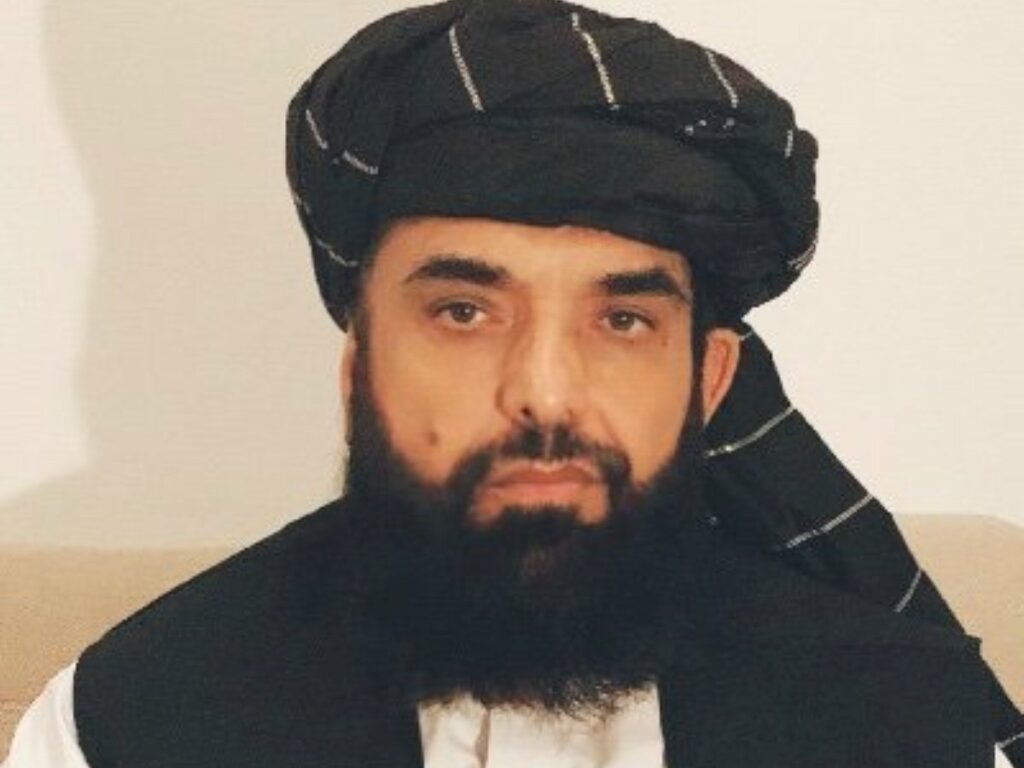
Most of the time, Kashmir is seen through a security prism. It was natural that India should have been alerted after the Taliban’s second ascent to power in August. For one, it is truer than ever that the newly returned regime could not have captured Afghanistan so rapidly without active support of Pakistan. Of course, Pakistan has its life time interest in keeping Kashmir on boil. The Taliban and Pakistan are two indistinguishable entities. Therefore, India’s concerns about the emerging situation in Afghanistan with the Islamist faction getting stronger day by day are well-founded.
In New Delhi on Thursday, it was for this reason that the Home Minister Amit Shah chaired the meeting on the security situation in J&K in the aftermath of the developments surrounding Afghanistan. There were a series of worries articulated at the meeting considering the indications that there are stronger possibilities of the effects of the Taliban rule spilling onto Kashmir. The Valley continues to witness new conflict, in which the psychology has replaced the high intensity of violence of yesteryears. The common thread is the radicalism and extremism that refuses to blip on the security radar in its full shape. It is amorphous and that is why the real depth is intangible.
The presence of Army Chief General MM Naravane and National and National Security underlined that there were apprehensions centered on the internal and external dimensions of the situation. Nothing much was said about it in the public domain except that the security and development situation was discussed and the UT administration was complimented for fulfilling Prime Minister Narendra Modi’s vison for J&K. In reality, there are real-time worries that after it rides itself of its own internal crisis, the Taliban can pose for India in general and Kashmir in particular.
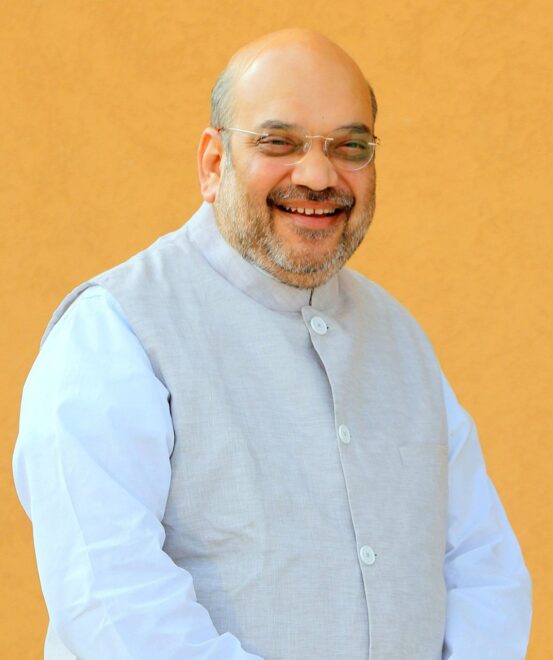
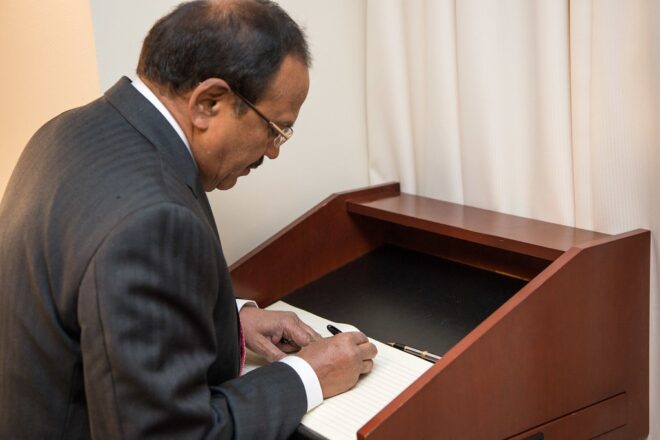
Externally, there are two issues which have started impacting J&K. First, the Taliban’s position of strength in Afghanistan is an inescapable reality. This is also seen as their victory over the superpower America militarily and diplomatically. This does not merely constitute a military defeat of the United States of America, but also the spiritual victory against what the Taliban has called occupation of their country by foreign forces. Secondly, the Taliban’s re-emergence changes the global and regional geo-strategic landscape. There would be a realignment of forces and political powers.
In the given situation, India is not at the center of the things where Afghanistan is discussed.
This isolation in the geo-political world has been pushed further by Pakistan assuming a central role with the help of China.
Internally, there is a widespread feeling that the Taliban has set up Islamic rule in Afghanistan. Political parties of Kashmir, particularly the National Conference and PDP — the two leading partners of the People’s Alliance for Gupkar Declaration (PAGD). The PAGD has vowed to restore the special status of Jammu and Kashmir. This status was scrapped by the government of India on August 5, 2019, when it abolished Article 370 and Article 35 A of the Indian Constitution and bifurcated the erstwhile state into the two union territories of Ladakh and J&K.
National Conference patriarch Farooq Abdullah who has intermittently served as Chief Minister of Jammu and Kashmir for 11 years from 1982 to 2002 due to the militancy- provoked central rule that lasted for almost seven years, hoped, “The Taliban would rule as per Islamic principles with due respect for human rights.” PDP chief Mehbooba Mufti iterated, “The Taliban has emerged as a reality and it must set an example for the world by governing Afghanistan as per Sharia law, as ordained in the holy Quran, with all the respect for women and human rights.”
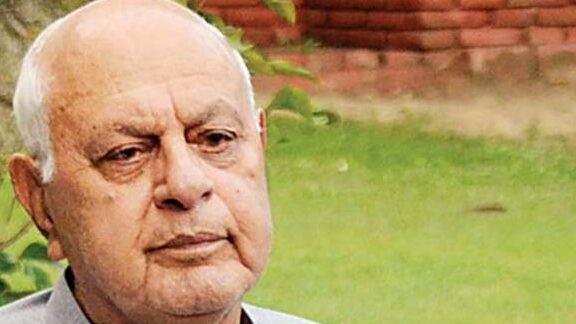
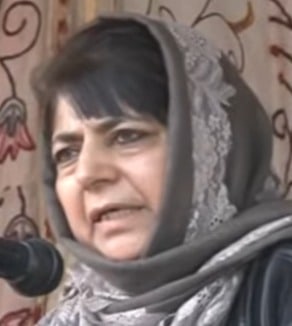
Soon thereafter, All Parties Hurriyat Conference led by Mirwaiz Umar Farooq expressed his desire for an Afghan ruling dispensation that is inclusive and broad-based while bearing in mind that Afghanistan is diverse and out to be encompassing. He also wanted the Taliban to bear in mind that Islam as a religion is unambiguous in advocating human equality and rights, economic fairness and religious tolerance as foundational values. He also expected that the Taliban would make these (Islamic) values as its “guiding principles both in letter and spirit, as well as keeping up with internationally accepted norms.”
The extra stress on the Islamic values was not a lecture to the Taliban. It was an attempt by all these groups and their leaders to connect with the Muslim majority in J&K and at the same time telling them that the brutality of killing and hurting women’s rights and education were forbidden in Islam.
This discourse is sure to have its effect J&K where the identity politics are being played out in the minds of the people.
Arun Joshi is a Senior Journalist, Political Analyst based in Jammu and Kashmir. He has authored four books, including, “Eyewitness Kashmir: Teetering on Nuclear War”. He has worked with Hindustan Times, The Times of India, The Indian Express and The Tribune, and visited several countries to deliver lectures on Kashmir issue and international affairs.
Views expressed are personal

